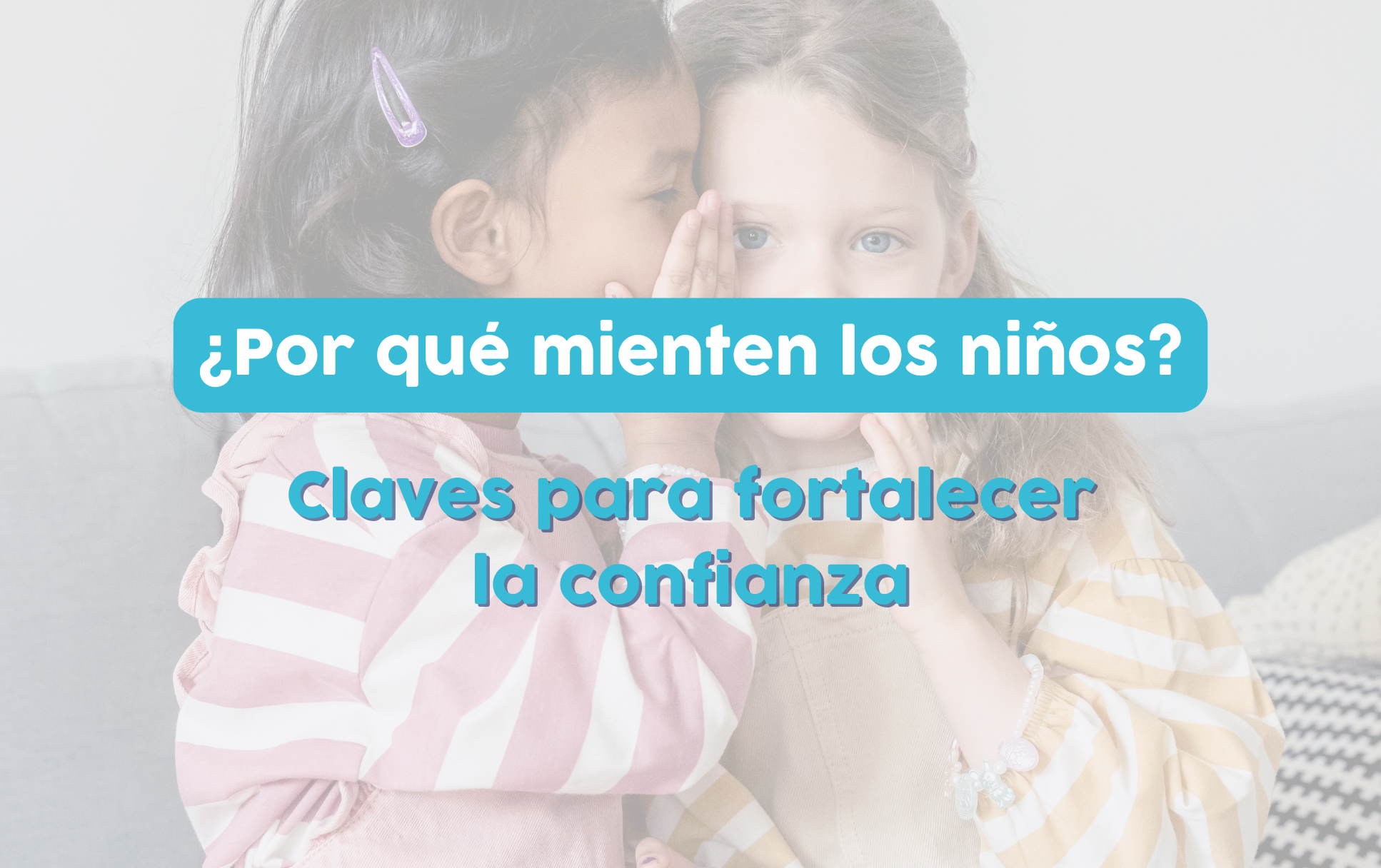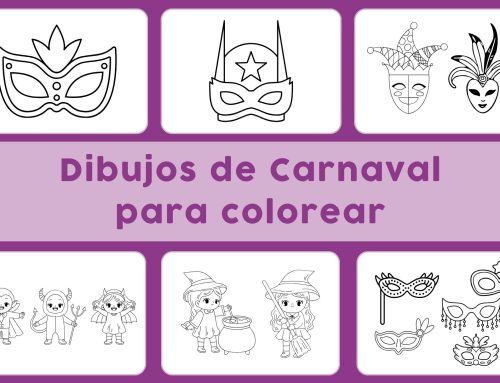Lies in childhood: why they occur, how to answer without punishing and what to do to educate in sincerity.
When a child lies, the most common reaction of adults is to get angry or worry. It is easy to fall into the temptation to label it as “liar” or apply a punishment with the intention that it does not do it again. However, behind a lie There is always a reason, an unpasted need, a difficult emotion or an attempt to protect.
Understanding why children lie is the first step to accompany them in a respectful, firm and empathic way.
👉🏻 If you are interested in this type of content on how to accompany children with respect and firmness, as well as emotional and digital well -being, I invite you to follow me on Instagram @cristic2day y @Resources forProfestors, where I share resources, ideas and reflections for families and educators.
¡Unete and me telegram channel so you don't miss anything! 😊
Instagram for families: positive education and children's activities 💛
¡Nuevo! Instagram for teachers: educational resources and ICT tools 👩🏻🏫
Why do children lie?
Lies do not appear by chance. They arise as a way of adapting, protecting or experimenting with the environment. Some of the most common causes are:
Confusion between fantasy and reality
In early childhood, children live immersed in an imaginary world where everything is possible. It is usual for them to invent stories, have invisible friends or ensure they have lived fantastic situations. They do not do it to deceive, but because they are exploring the boundaries between the real and the imagined.
Fear of consequences
Many children lie because they fear being scolded, punished or ashamed. If each error receives a disproportionate response, they learn that telling the truth is not safe. Thus, hiding what has happened becomes a way of protecting.
Desire to please
Sometimes, lies arise from the desire to be accepted or valued. Some children exaggerate achievements or invent situations to receive recognition or highlight among their peers.
Adult imitation
Children learn by observing. If small lies witness (“Say that I am not“, “Tell the teacher you were sick“), they normalize them as another social strategy.
How to act when a child lies?
The key is not to react hard, but to respond with Awareness and connection. Here are practical strategies to accompany them:
1. Avoid labeling
Tell a child that “He is a liar” directly affects your self -esteem and reinforces behavior. Instead, describe what has happened and expresses what you feel: “I see that you told me something that was not true. I would like to understand why”.
2. Create a climate of trust
If children know that they can tell you the truth without being judged or humiliated, they will have less reasons to lie. Ask yourself: Does my son feel safe by telling me something difficult?
3. Value sincerity
When a child recognizes an error and tells the truth, even if it was not what you expected to hear, it is a key moment. Thank your sincerity with phrases such as: “Thanks for trusting me”, o “I value a lot that you told me”.
4. Avoid punishments and threats
Punish does not teach to tell the truth, he teaches to hide better. Instead, talk about what happened, explore together what consequences it has to lie and how they could repair the error in a responsible way.
5. Ask questions, no accusations
If you think your child has lied, avoids interrogation or accusing tone. Instead, ask curious: "What really happened?" o "What made you feel that you needed that?"
6. Be an honesty model
Children learn more for what they see that they listen to. Be consistent with your values: Recognize when you also mistake you, ask for forgiveness if necessary, and show that honesty is valuable, even when it is uncomfortable.
7. Help them to express what they feel
Many times, lies hide difficult emotions such as fear, shame or insecurity. Accompanying them identify what they feel can help them communicate without resorting to lies.
8. Do not play detectives
Attempt “Pills” The child in lies to leave him in evidence, does not help. Humiliation or sarcasm only damages the link. The important thing is not to prove that you were right, but to strengthen the relationship so that they do not need to hide the truth. Do not focus on finding guilty, focus on looking for solutions.
9. Use daily stories or examples
Stories are an excellent tool to reflect together about the importance of honesty. Find stories where the importance of sincerity and mutual trust is highlighted.
What is not seen behind a lie
Behind a lie there is an emotion, a necessity, a call for attention. When a child lies, he is not challenging your authority, but trying to manage a situation for which he still has no resources. Our task is not to suppress behavior, but Educate in values and strengthen the link, from understanding and example.
Children do not lie because they are bad or manipulators. They do it because they are learning to relate to the world and need an environment that offers them security, listening and coherence.
It is not about justifying lies, but about understanding them. Because only when a child feels seen, respected and accepted, he can learn to be honest ... even when it is difficult.
If you are looking for an educational approach that combines respect, firmness and empathy, you may want to know more about the positive discipline tools.
✨ And if you want to continue learning about respectful education, emotional management and how to accompany the healthy use of technology, I wait for you on Instagram in @cristic2day.





